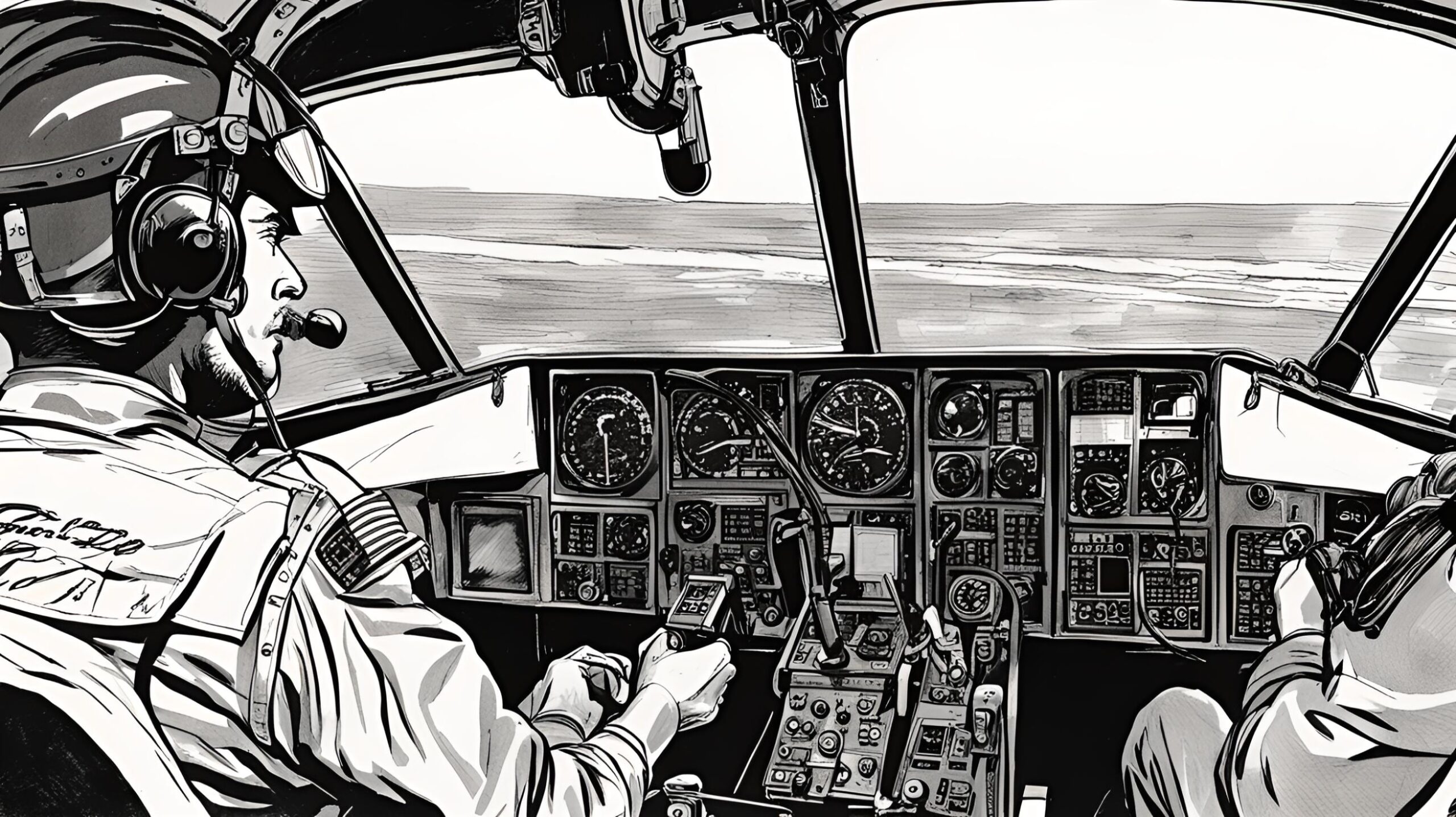Flashback to July 15
American History

2002
In Washington, DC, “American Taliban” John Walker Lindh pleads guilty to aiding the enemy and possession of explosives during the commission of a felony
Read moreOn July 15, 2002, the nation’s capital was captivated by the trial of John Walker Lindh, known as the “American Taliban.” Lindh pleaded guilty to aiding the enemy and possession of explosives during the commission of a felony. This shocking turn of events gripped the nation, highlighting the dangers of homegrown terrorism.
Lindh, a California native, had gone to Afghanistan in 2001 to join the Taliban. He received military training and fought alongside them against the United States-led coalition forces. His capture in November 2001 raised alarm bells and cast a spotlight on the complex issue of radicalization within the country.
During the trial, which took place in Washington, DC, Lindh admitted to joining the Taliban and receiving training at their camps. He also confessed to knowing that the Taliban had a partnership with Al-Qaeda, the terrorist organization responsible for the devastating 9/11 attacks. Additionally, Lindh was found to be in possession of explosives during his capture.
These charges carried severe consequences, and Lindh’s guilty plea did not alleviate his legal troubles. The plea deal reached between Lindh’s defense team and the prosecution involved him serving ten years in prison for each charge. This meant that Lindh would spend a total of 20 years behind bars.
This landmark trial shook the nation and brought attention to the problem of radicalization within the United States. It raised questions about the vulnerabilities that allow individuals like Lindh to become involved in terrorism and the measures needed to prevent such occurrences in the future.
The plea deal struck a balance between justice and a realistic assessment of the situation. It acknowledged Lindh’s involvement in aiding the enemy and possessing explosives, while also recognizing the potential for rehabilitation and a chance for him to reintegrate into society after his sentence.
Lindh’s case also sparked a heated debate about the appropriate legal treatment for individuals involved in terrorism. Some argued for harsher punishment, believing that Lindh should be treated as a traitor. Others viewed him as a misguided and impressionable young man who had been manipulated by extremist ideologies.
The trial shed light not only on Lindh’s actions but also on the wider issue of radicalization. It raised important questions about the role of propaganda, social isolation, and religious beliefs in the process of radicalizing individuals.
In the years following the trial, efforts have been made to bolster counterterrorism measures and prevent the rise of homegrown extremism. Organizations and institutions have implemented programs to identify signs of radicalization and provide support to vulnerable individuals.
The case of John Walker Lindh serves as a reminder of the ongoing threat posed by domestic terrorism. It highlights the importance of vigilance and the need for a comprehensive approach to addressing the root causes of radicalization.
The events that unfolded in Washington, DC, on July 15, 2002, remain a significant chapter in the country’s fight against terrorism. The trial of the “American Taliban” emphasized the complexities of extremism and the challenges faced in its prevention and intervention.
As the nation reflects on this pivotal moment, it is crucial to continue learning from it and working towards a safer future. By addressing the underlying causes of radicalization and promoting tolerance and understanding, we can hope to create a world where such trials become fewer and fewer.
We strive for accuracy. If you see something that doesn't look right, click here to contact us!
Sponsored Content

First transatlantic helicopter flight…
On July 15, 1952,…

Christine Chubbuck becomes the…
On July 15, 1974,…

First flight of the…
On July 15, 1954,…

John J Persing, US…
John J Persing, a…

In Washington, DC, “American…
In a high-profile case,…

Tacoma Narrows Bridge opens…
On July 15, 2007,…

